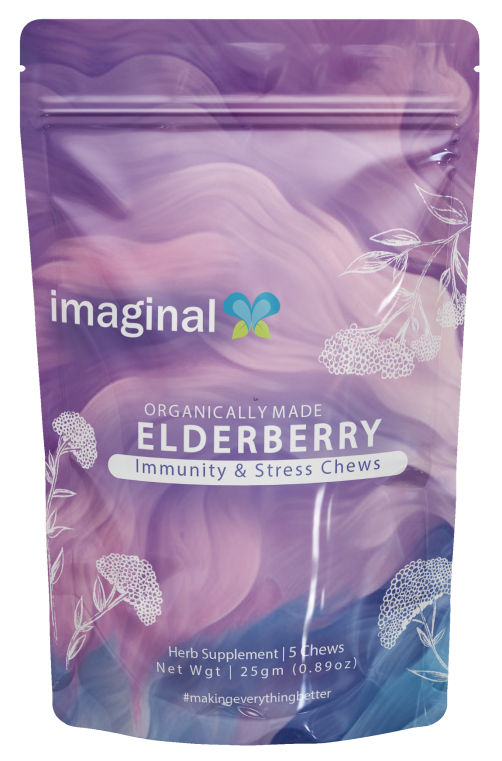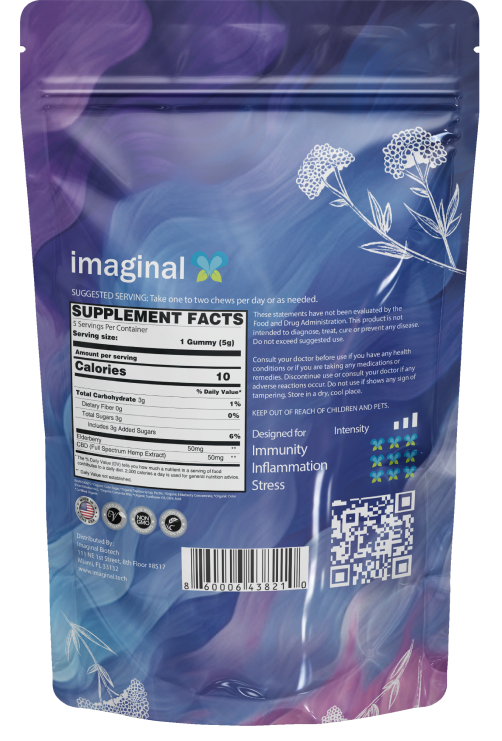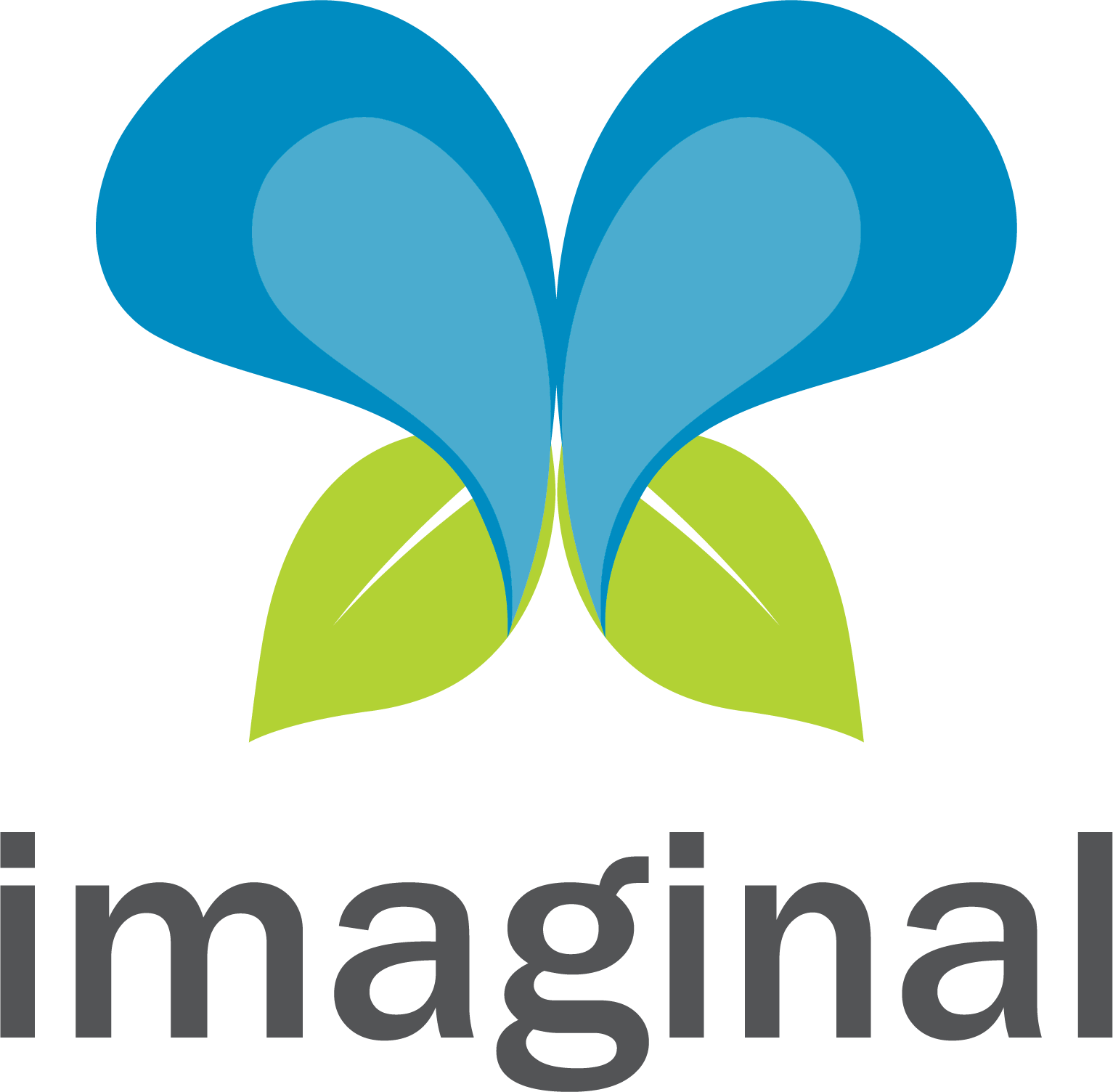As more people use CBD, myths around it keep ballooning.
For instance, take CBD and tiredness.
On one side, here's what the Mayo Clinic says about the possible side effects of CBD (emphasis is ours):
"CBD use also carries some risks. Though it's often well-tolerated, CBD can cause side effects, such as dry mouth, diarrhea, reduced appetite, drowsiness, and fatigue"
But then, if you do some research you will find plenty of people talking about how using CBD doesn't make them feel tired, or in certain cases, reduce fatigue.

Yet, between these extreme myths lies the absolute truth.
In this article, we will try to set the record straight and debunk seven myths about how CBD affects tiredness.
How Does CBD Affect The Body
We have written extensively about the chemistry of CBD, THC, and cannabinoids, and how it impacts our body.
Here's a summary:
- The cannabis plant has over 100 different types of compounds called cannabinoids
- These compounds bind with the CB1 and CB2 receptors of the human endocannabinoid system to block the perception of pain, improve sleep and manage stress and anxiety.
- CBD is psychoactive in that it changes brain chemistry, but it will not give you a "high" (unlike THC)
- THC is naturally present in cannabis and is a powerful psychoactive chemical that can have long-term side effects like addiction or loss of motor control.
- There are 3 types of CBD products: full spectrum, broad spectrum, and CBD isolates. Full spectrum has THC and can make you fail drug tests.
Now, on to myth-busting.
Debunking 7 Common Myths On CBD and Tiredness
Let's look at seven myths around CBD and tiredness/fatigue and set the record straight.
Myth 1: CBD Can Make You Incredibly High Or Sleepy
There's a general misconception about the ability of CBD to make people high or sleepy.
Most of the people who claim that CBD products can create a high hold such claims because of the mere fact that CBD is marijuana-derived.
Well, two significant chemicals are sourced from marijuana. CBD and THC - tetrahydrocannabinol. Harvard Health Publishing says, "THC is the chemical in marijuana that causes a high."
The video below explains the difference between CBD and THC and how THC makes you high.
Although CBD is psychoactive in that it changes your consciousness, it doesn't get you high.
However, you may feel mellow or more comfortable or experience less pain from using CBD.
Myth 2: Using CBD Oil For Sleep Can Lead to Addiction
People have a common fear regarding the tendency to get overly used to the use of CBD oil for sleep.
Most intoxicating substances are known to have the ability to make the users dependent, especially after prolonged usage.
CBD, however, is not an intoxicating substance. Although the direct use of cannabis in heavy doses may lead to addiction, there isn't any clear scientific evidence to support the claims that CBD is addictive.
In fact, according to Medical News Today, from the experimental human studies conducted to determine if CBD is addictive, no evidence of an association with abuse potential has been discovered in CBD.
Myth 3: CBD And Alcohol Work Together For Better Sleep
This myth is another unestablished claim that people generally make about using CBD.
Both products affect the body, and it's normal to think combining both will produce an amplified result. But the logic is flawed.
Alcohol quickly finds its way into the bloodstream when consumed and produces intoxicating effects. CBD, on the other hand, works on the Central Nervous System to enhance sleep quality.
In fact, as we have written previously, CBD might actually help with hangovers.
Besides, as this Forbes article points out, there isn't enough research on how alcohol interacts with CBD but doctors advise moderation when consuming both together.
Myth 4: All CBD products are safe to use before sleeping
Several products today contain CBD in their formulation, including foods, drinks, beauty products, and medicines.
The concentration of CBD in each of these groups of products may not be the same, and concluding that all CBD products are safe to use before sleeping might be pretty risky.
An article on WebMD points out that:
"So far, there haven’t been many controlled studies to show that THC, CBD, or a combination of both can boost sleep quality...
...But some studies show promise. That includes a small one on dronabinol, a human-made version of medical THC. Early research shows it might help with obstructive sleep apnea...
...“What commonly happens is people get into a pattern of using cannabis -- whether it’s a high THC or high CBD hemp product -- on a daily basis for an extended period of time,” Vandrey says. “Then, when they go one night without it, they can’t sleep.”
The best practice is to buy CBD products from trusted brands, confirm with your doctor before using any new products, or insist on verification data to ascertain quality assurance.

.
Myth 5: CBD Makes you Feel Groggy the Next Day
Does CBD make you tired and groggy the next day?
First, you should remember that CBD doesn't work like intoxicating substances, such as alcohol, that may cause hangovers when taken excessively.
However, according to a review comment on Reddit from a CBD oil user, if you're trying it for the first time, you may get some groggy feelings for the next few days, after which you'll get over it.
This Reddit user isn't alone. Here's what Aisling Bea, a Hollywood actor has to say about CBD and a bright new day.
Friends & fellow insomniacs. May I introduce & recommend to you my new best friend: CBD oil. After struggling with sleep & a MAD head for years, I take a few drops of this under my tongue going to bed & I just can’t believe how much of a non groggy sleep I’m getting... pic.twitter.com/THdSYMVESO
— Aisling Bea (@WeeMissBea) May 28, 2018
Myth 6: Anyone can use CBD for better sleep
Since CBD is not intoxicating and does not have abuse potential, we may think that everyone can take CBD oil to improve sleep quality.
CBD, when taken at prescribed dosages, is not generally harmful but could be risky for some groups of persons.
According to a publication by WebMD, pregnant women, breastfeeding mothers, children, and those with liver disease and Parkinson's disease should not take CBD.
For pregnant women, CBD oil may contain other unspecified ingredients that may harm the fetus.
Myth 7: CBD Can Cure Insomnia
CBD is typically used in several medicines to cure disorders, notably seizures. However, the claim that CBD can cure insomnia appears rather bold.
A 2015 study by Dr. Katherine Belendiuk found that persons with insomnia are more likely to use CBD to control sleep.
Similarly, research published in Sleep suggests that the administration of cannabinoids, when correctly done, improves insomnia symptoms.
But as this expert points out, there's still no guidance from the FDA on CBD and insomnia and there is also anecdotal evidence that some brands can actually make you stay up late
Takeaway
Using CBD as prescribed by a qualified medical practitioner does not threaten health, especially when used in cases of tiredness.
However, you should note that the vast majority of CBD products are not FDA-approved. Many will have contaminants, harmful compounds, heavy metals, and might not even have the right percentage of CBD as mentioned on the label.
Therefore ensure that you're purchasing the right CBD products from a reliable source if you want to get the benefits of CBD, and most importantly...
...listen to your body.




